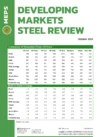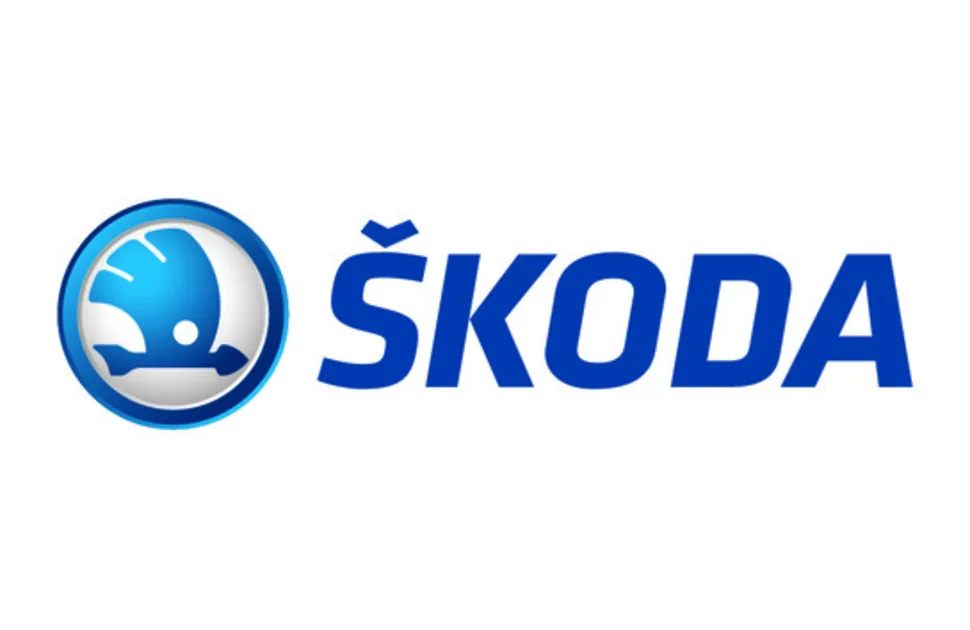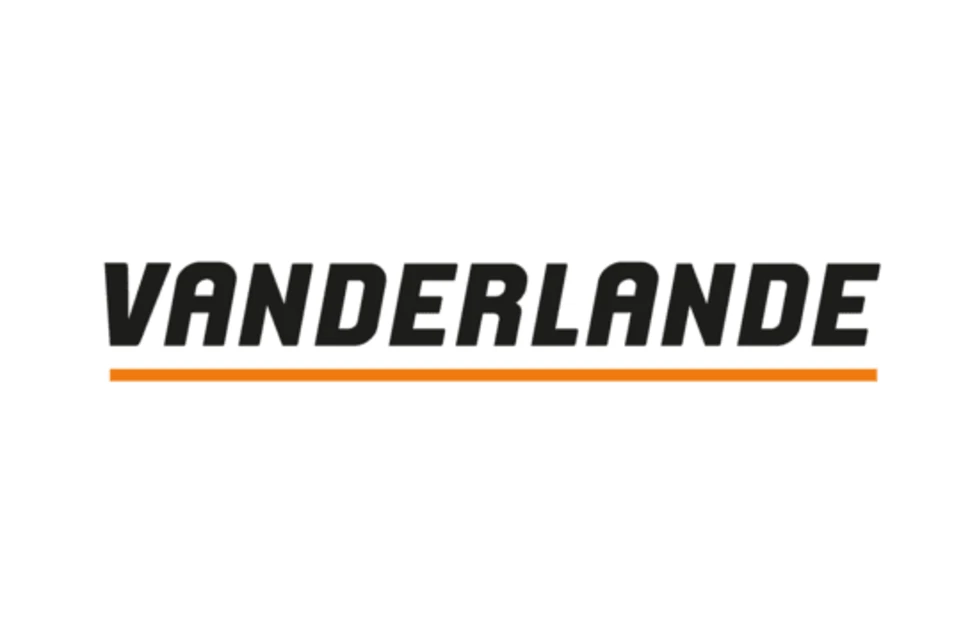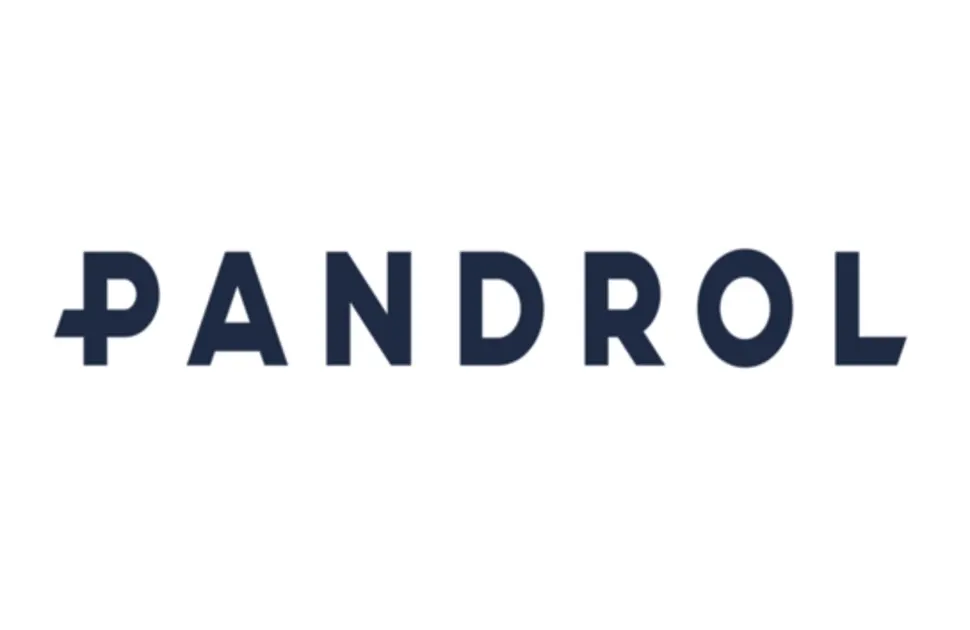Rising Input Costs Trouble Steel Mills in Emerging Markets
The prognosis for the Brazilian steel market is unchanged. The trading environment in the Brazilian steel market remains challenging. Distributors and stockholders, eager to keep their inventories low for the rest of the year, are purchasing cautiously. The current weakness is expected to continue into the first trimester of 2020. However, the domestic mills are actively looking for an opportunity to boost the selling values of their finished steel products.
Procurement activity, in the Russian Federation, this month, is below that witnessed in October. Distributors are wary of holding excessive inventory over the approaching winter trading period. The downtrend in domestic consumption is expected to gather momentum next month. High borrowing costs are suppressing private expenditure.
Business sentiment is mixed in the Indian distribution network. Sales are inconsistent and, with mill prices starting to move up, stockholders are only buying for short-term requirements. Domestic mills are trying to lift selling values to a level that is profitable. Support from offshore buyers is limited.
Sentiment is stable in the Chinese steel market. Construction demand is healthy, at present, but is forecast to weaken, in December, with the onset of winter weather. Production restrictions, in the northern provinces, are curbing finished steel product inventories. Traditionally, domestic consumption, is tepid, until after end of the Chinese New Year festival (from January 25 to February 8, 2020).
The business environment is mixed, in Ukraine. Several service centres have implemented their winter trading protocols, in order to, either free up working capital, or minimise their inventory levels. Support from foreign demand is limited. The local association of metal producers, Metallurgprom, reports that finished steel production, in October 2019, totalled 1.431 million tonnes – up 5.1 percent, month-on-month.
Downstream demand, in Turkey, is sluggish as buyers adopt a cautious attitude. Stockists, trading flat products, plan to closely monitor the price charged by the local suppliers relative to the cost of imports, before deciding where to place their orders. Producers, operating electric arc furnaces, would like to secure further price increases to offset rising scrap costs.
Business confidence is muted, in the Emirati steel market. Demand is tepid. Distributors and end-users are holding off purchasing, until January, to see how demand develops. Despite this, Emirati rolling mills are planning to increase their selling figures for December production, citing the uptrend in the cost of key steelmaking raw materials.
We detect little sign of recovery in South Africa. Few deals are being concluded. The country is entering a period of low seasonal demand. MEPS’ research found that dealers are expecting transaction values to decline, either next month or in January 2020. Moreover, shipment volumes to downstream industries are forecast to remain weak after the country’s Christmas shutdown period.
The Mexican steel market is exhibiting no signs of a substantial improvement in demand, in November. Price developments in the neighbouring United States, are having a negligible impact on the local transaction values. We detect reluctance on the part of end-users to commit to forward orders. Local trading houses intend to maintain cautious buying next month, as a result. Third country import prices are not particularly attractive.

Source:
Developing Markets Steel Review
The MEPS Developing Markets Steel Review is an informative and concise monthly guide to carbon steel prices in important emerging markets around the world.
Go to productRequest a free publication




